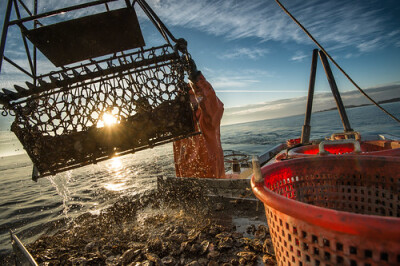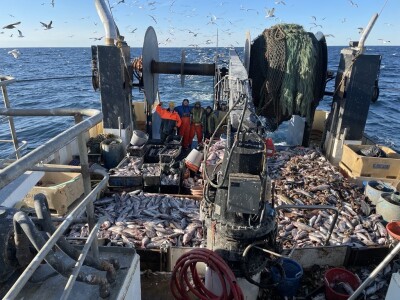GRANTS PASS, Ore. (AP) — Federal fisheries managers for the West Coast are poised for a major change in the way they make sure that plenty of fish remain in the sea.
The Pacific Fishery Management Council is meeting in Portland this week. On Tuesday, it's expected to adopt a new ecosystem management approach to managing the catch off Oregon, Washington and California.
That means that when making decisions on sport and commercial fishing seasons, quotas and fishing methods, the council will take into account factors such as habitat, and the impacts on other marine species that may depend on another species for food or be a source of food for others.
The Fisheries Ecosystem Plan is nonbinding, but conservation groups are enthusiastic, especially about a key provision to consider future protections for forage fish that aren't already targeted by a fishery. Forage fish are the little fish that the big fish depend on for food. Forage fish that would otherwise be eaten by larger fish, such as tuna and salmon, are caught for bait, food for farm-raised fish, and fertilizer.
"It's the beginning of a paradigm shift in fisheries management," said Paul Shively, a campaign manager for Pew Charitable Trusts. "We've always managed our oceans on a species-by-species level. By developing an ecosystem plan we begin to look at how everything is connected in the ocean."
Read the full story at the Kitsap Sun>>






